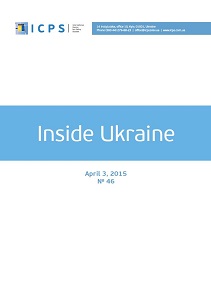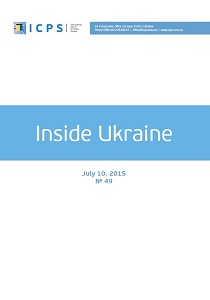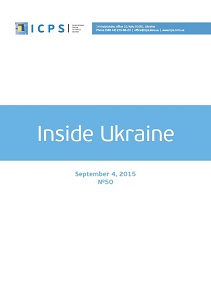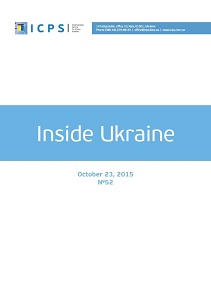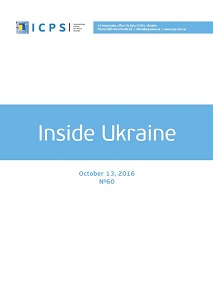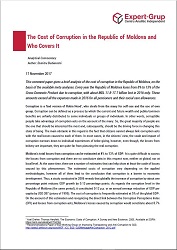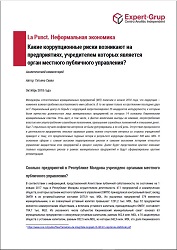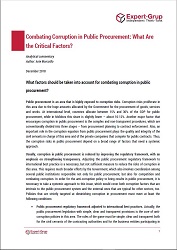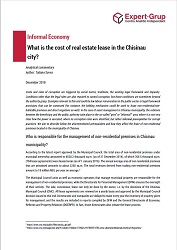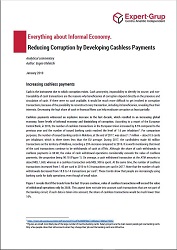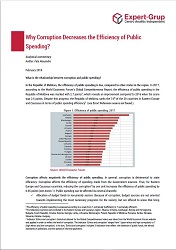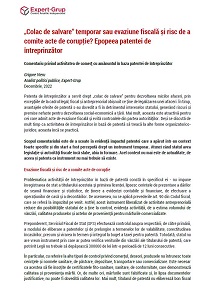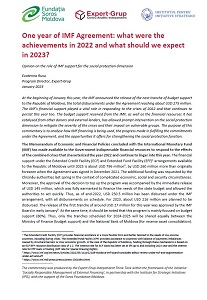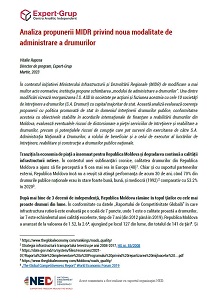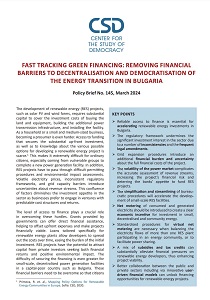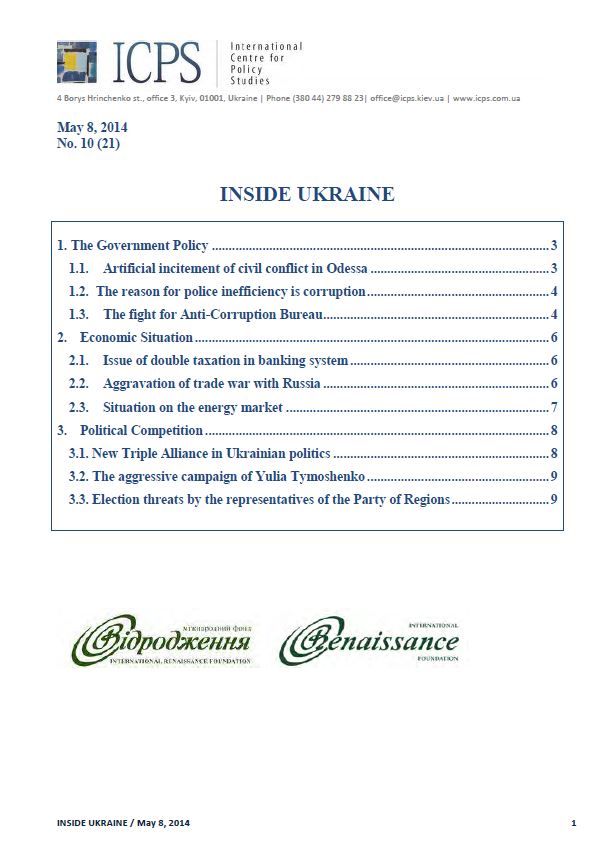
Inside Ukraine, № 2014 - 21
1. The Government Policy // 1.1. Artificial incitement of civil conflict in Odessa // 1.2. The reason for police inefficiency is corruption // 1.3. The fight for Anti-Corruption Bureau // 2. Economic Situation / 2.1. Issue of double taxation in banking system // 2.2. Aggravation of trade war with Russia // 2.3. Situation on the energy market // 3. Political Competition // 3.1. New Triple Alliance in Ukrainian politics // 3.2. The aggressive campaign of Yulia Tymoshenko // 3.3. Election threats by the representatives of the Party of Regions
More...
